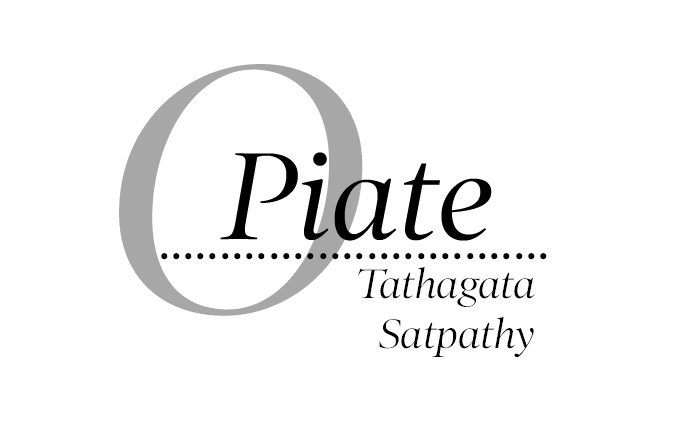Nitish Kumar is all set to return as chief minister of Bihar for a consecutive fourth term, albeit with diminished clout, after a bitterly fought election in which the NDA-led coalition emerged victorious by securing 125 seats in the 243-member state Assembly.
The BJP emerged as big brother in the NDA coalition after it won 74 seats against JD(U)’s abysmal 43 seats although both parties contested equal number of seats. Though Nitish was declared CM candidate before the election, a section within the BJP maintained that it should not be considered a given in view of the JD(U)’s performance. However, BJP top brass decided to stick to its pre-poll deal and the JD(U) veteran is all set to return to lead the state for next five years. This insistence for Nitish by the BJP’s top brass, especially Prime Minister Modi, is an indication that the leadership sees an opportunity to reset its image that has been dented lately.
The exit of almost all NDA partners within the span of barely one year indicated the difficulty the BJP leadership was creating for its associates. Gone are the days of Atal Behari Vajpayee who could bring various elements under his tolerant umbrella. Modi’s ascent to power saw not only the Telugu Desam Party of Chandrababu Naidu splitting from the alliance pre 2019 general elections but the other Hindutva party, Shiv Sena of Maharashtra also broke away and has become an arch foe. The Farm Bills and the Essential Commodities Bill destroyed the long standing friendship between the Akali Dal (Badal) and the BJP. Even the AIADMK which had tried to cosy up to Modi and the BJP after the death of J Jayalalithaa, was eventually forced to break up the unofficial understanding for reasons known to all. With these issues at the back of the mind, it may be safely assumed that PM Modi must be keen to do a makeover of his image and therefore this insistence on a diminished Nitish as Chief Minister. It was essential at a national level but more so because of the threat of another ‘dynast’ in Bihar. Tejashwi Yadav is not only a 31 year old youngster with a very long inning in politics ahead of him but he is also Laloo Prasad’s son. This dynast, by offering a huge number of seats to the Congress, proved that he is keen on alliances. Although the Rashtriya Janata Dal (RJD) leadership knew all along that the Congress could pull them back yet Tejashwi went ahead with the seat sharing strategy. This proved a point to his detractors that he is a person to stand by his words. In comparison, the BJP instigating late Ram Vilas Paswan’s son Chirag to field candidates only against Nitish’s candidates created bad blood. The result today is that Chirag Paswan has been used and discarded. He has lost relevance in main stage Bihar politics.
Tejashwi’s rise has been noticed by all those interested in Indian politics. His call that ‘Social Justice’ is now replaced by ‘Economic Justice’ reverberated throughout the country. A rich Dalit is never questioned about his caste or where his children marry. Ram Vilas Paswan was a glaring example while the political struggle of Mayawati may not be ignored. There are numerous such examples that go to prove that economic prosperity alone can destroy the vice like grip of the Indian caste system that is one of the major impediments holding back the growth of this nation.
Instead, this country is frittering away its energies and resources fighting issues that may not be relevant to India’s prosperity now.
No one complains when a doctor’s child becomes a doctor and opens a huge hospital. None raises an eyebrow when late Dhirubhai’s son Mukesh Ambani becomes the richest man of India. GD Birla’s grand and great grandchildren own mines, industries and everything we can dream of. Jamsetji Tata’s family line holds billions of dollars worth of natural resources of this country. Have never heard a single soul complain why Prithviraj Kapoor’s son Raj, Shammi and Sashi and their children and grandchildren succeed in movies. Nor does anyone complain when Pandit Ravi Shankar’s daughter Anoushka plays superb sitar and is internationally acclaimed as a top musician. Yet our leadership is mostly talking about dynasties. There is a harsh truth that is globally accepted. The Queen of England decides whether UK PM Boris Johnson should congratulate US President-elect Joe Biden or not. Thai protesters appeal to the King to change the government. Two brothers lead neighboring Sri Lanka as President and Prime Minister. Late Sheikh Mujibur Rahman’s daughter Sheikh Hasina is Prime Minister of Bangladesh today while nations like Pakistan and Afghanistan that could never boast of any dynasties and were always ruled by commoners are in tatters as countries and societies today.
It is time we stop talking against dynasts and start focussing on ways and means to develop the nation economically.
